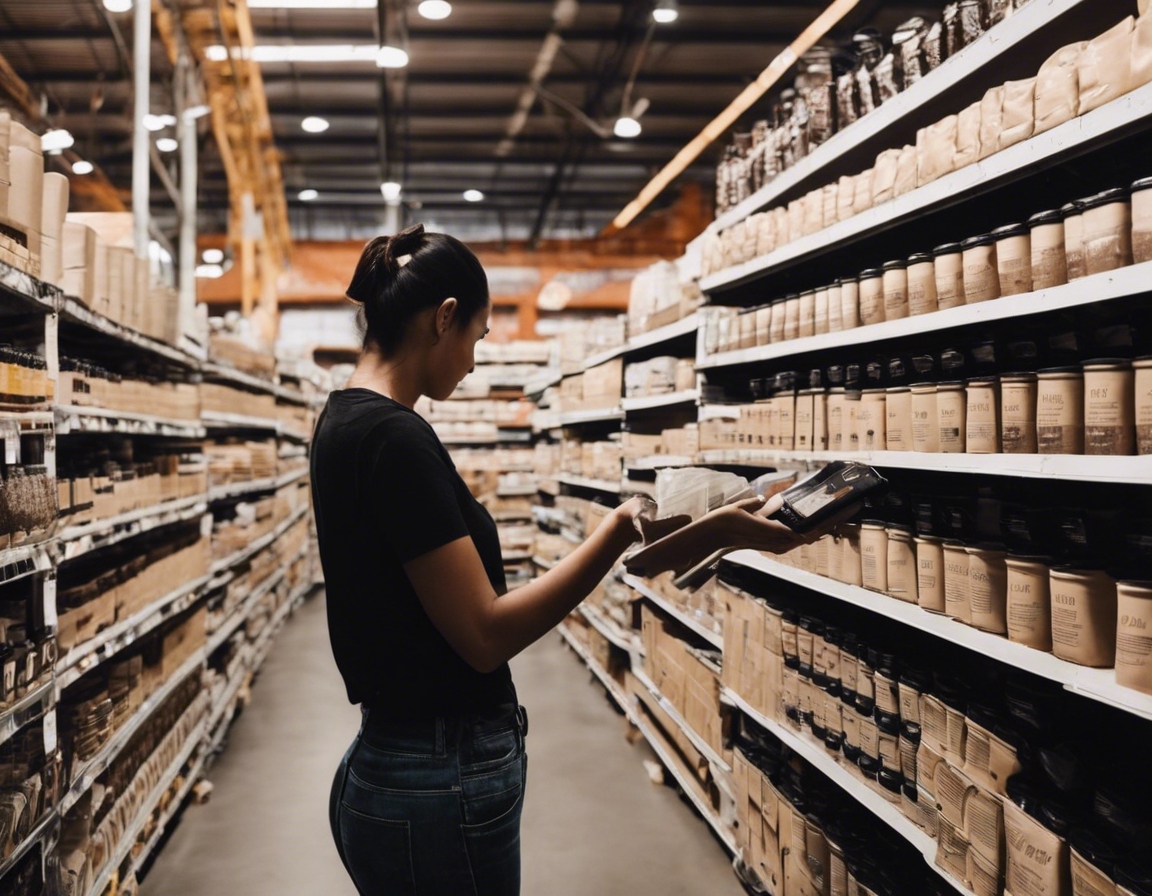Sustainable sipping: how your coffee can make a difference
Coffee is more than just a beverage; it's a global commodity that affects millions of lives and the environment. Traditional coffee production methods can lead to deforestation, water pollution, and the use of harmful pesticides. However, there is a growing movement towards sustainability in the coffee industry that aims to address these issues.
Sustainable coffee practices are essential for preserving ecosystems, supporting farmer livelihoods, and providing consumers with high-quality coffee that doesn't come at the expense of the planet. By embracing sustainability, we can ensure that coffee production benefits all stakeholders involved.
The Journey of Sustainable Coffee
The journey of sustainable coffee begins at the farm, where ethical cultivation practices are employed. This includes everything from the selection of coffee varieties that are suitable for the local environment to the harvesting and processing methods that minimize waste and pollution.
Certifications like Fair Trade, Rainforest Alliance, and Organic are not just labels on a package; they represent a commitment to environmental stewardship and social responsibility. These certifications help consumers identify coffee that meets stringent sustainability standards.
Practices That Make Coffee Sustainable
Shade-grown coffee is cultivated under a canopy of trees, which provides habitat for wildlife and helps maintain soil quality. This method contrasts with sun-grown coffee, which often involves clearing forests and can lead to biodiversity loss.
Organic farming practices avoid the use of synthetic pesticides and fertilizers, leading to healthier soils and cleaner water sources. This approach also reduces the health risks for farm workers and local communities.
Direct trade relationships between coffee roasters and farmers ensure that farmers receive fair compensation for their beans, which can lead to better quality of life and investment in sustainable farming practices.
Reducing the carbon footprint of coffee involves considering transportation methods and packaging materials. Sustainable roasters often opt for sea freight over air freight and use recyclable or compostable packaging to minimize environmental impact.
How Consumers Can Support Sustainability
Consumers play a crucial role in promoting sustainability by choosing certified coffee. This not only supports ethical practices but also encourages more farmers and roasters to adopt sustainable methods.
Roasters like ESTONIAN COFFEE ROASTERY OÜ are committed to sustainability at every step of the process. By supporting such roasters, consumers can enjoy high-quality coffee while contributing to a better future for the coffee industry.
Finally, consumers can advocate for sustainable coffee by raising awareness about the importance of ethical practices. Sharing information and supporting businesses that prioritize sustainability can lead to widespread change in the industry.






Comments (0)